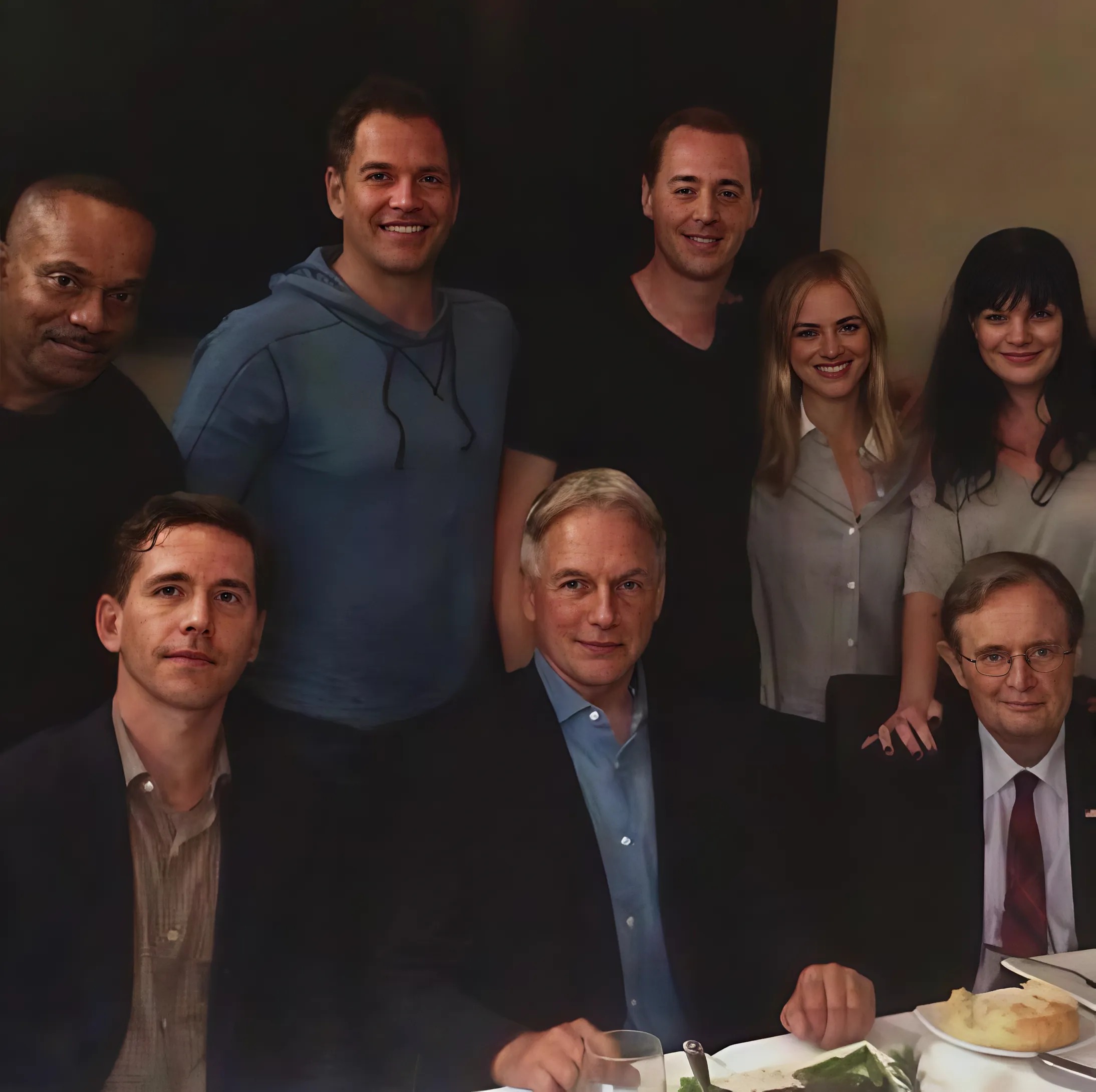
It’s one of television’s greatest untold stories: the global phenomenon that is NCIS was not an instant hit. In fact, after its initial debut, the show was far from a guaranteed success and reportedly came dangerously close to being canceled after its very first season. Today, it stands as the longest-running live-action scripted primetime series currently on U.S. television, boasting over 20 seasons, hundreds of millions of global viewers, and a thriving franchise of spin-offs. How did a show that once teetered on the brink become such an unstoppable force?
When NCIS premiered in 2003 as a spin-off of JAG, it faced an uphill battle. The first season, often described by critics and even some long-time fans as “finding its footing,” had a different tone and lacked the sharp chemistry that would later define the series. The pacing was sometimes awkward, character dynamics were still evolving, and early viewership numbers weren’t exactly setting records. It was a period where the show’s future was genuinely uncertain, with whispers of an early cancellation looming.
The Gibbs Effect: A Unique Identity Emerges
However, something shifted. Much of the show’s survival and subsequent meteoric rise can be attributed to its unique identity, centered around the enigmatic Special Agent Leroy Jethro Gibbs, brilliantly portrayed by Mark Harmon. Gibbs wasn’t just another law enforcement leader; he was a silent, intense, and deeply moral figure whose presence anchored the show. His famous “Gibbs’ Rules” became a cultural touchstone, offering a no-nonsense philosophy that resonated deeply with audiences.
The original core cast, including Michael Weatherly (Tony DiNozzo), Pauley Perrette (Abby Sciuto), David McCallum (Ducky Mallard), and Sean Murray (McGee), also began to gel, developing the beloved team dynamic that became the heart of the series. Their witty banter, genuine camaraderie, and occasional emotional vulnerabilities contrasted sharply with the serious nature of their cases, creating a recipe for engaging television that differentiated NCIS from its many procedural counterparts. The show found its rhythm, blending compelling mysteries with character-driven storytelling and a surprising amount of humor.
From Near-Cancellation to Global Domination
The perseverance paid off. NCIS‘s viewership steadily climbed, eventually becoming a top-rated show in the U.S. By the late 2000s and early 2010s, it wasn’t just popular; it was a phenomenon. In 2013, it was even declared the most-watched television series in the U.S. during the 2012–13 network television season.
Its success wasn’t confined to America. NCIS exploded globally, becoming the most-watched drama in the world in 2016, with over 47 million viewers worldwide. Today, the entire NCIS franchise boasts a global, cross-platform audience of over 300 million people, licensed in more than 200 markets, and is the No. 1 scripted TV franchise in countries like Australia, Italy, Sweden, and the U.K.

This immense popularity led to a sprawling and successful franchise, including:
- NCIS: Los Angeles (2009-2023)
- NCIS: New Orleans (2014-2021)
- NCIS: Hawaiʻi (2021-2024)
- NCIS: Sydney (2023-present)
- NCIS: Origins (2024-present, a prequel series)
- And an upcoming NCIS: Tony & Ziva series (announced for Paramount+).
The story of NCIS is a powerful reminder that not every great success starts with immediate fanfare. Sometimes, it’s the quiet determination, the unique characters, and the unwavering commitment to a distinct style that transform a show almost destined for the chopping block into a television institution.